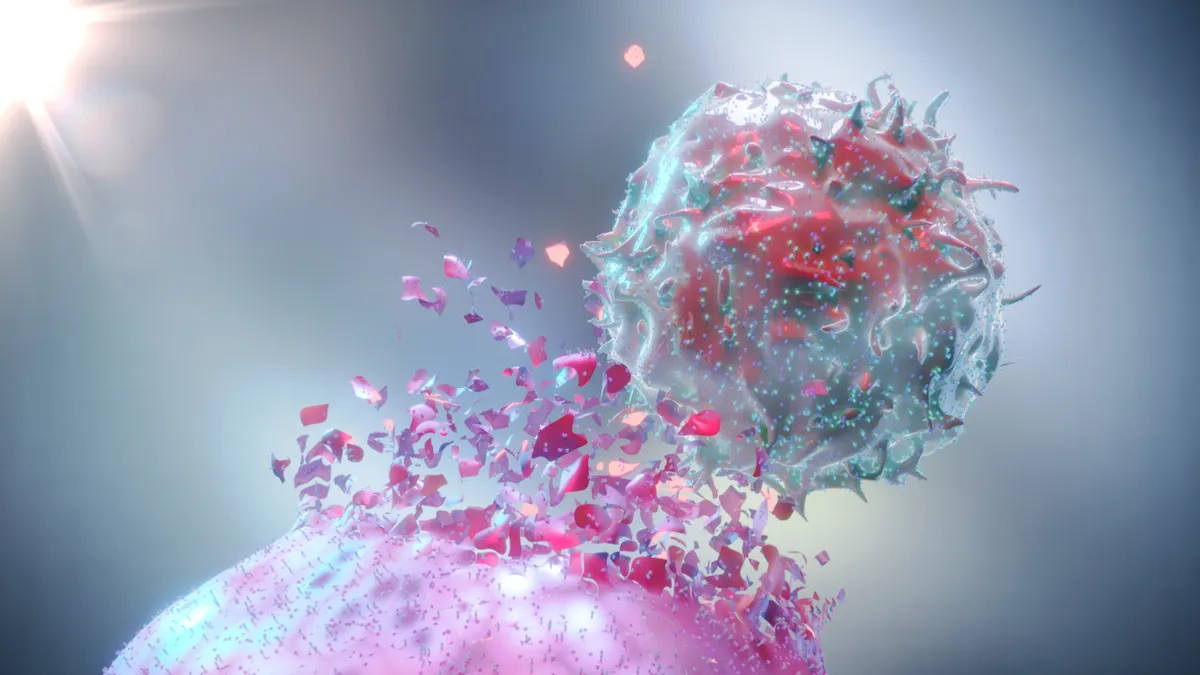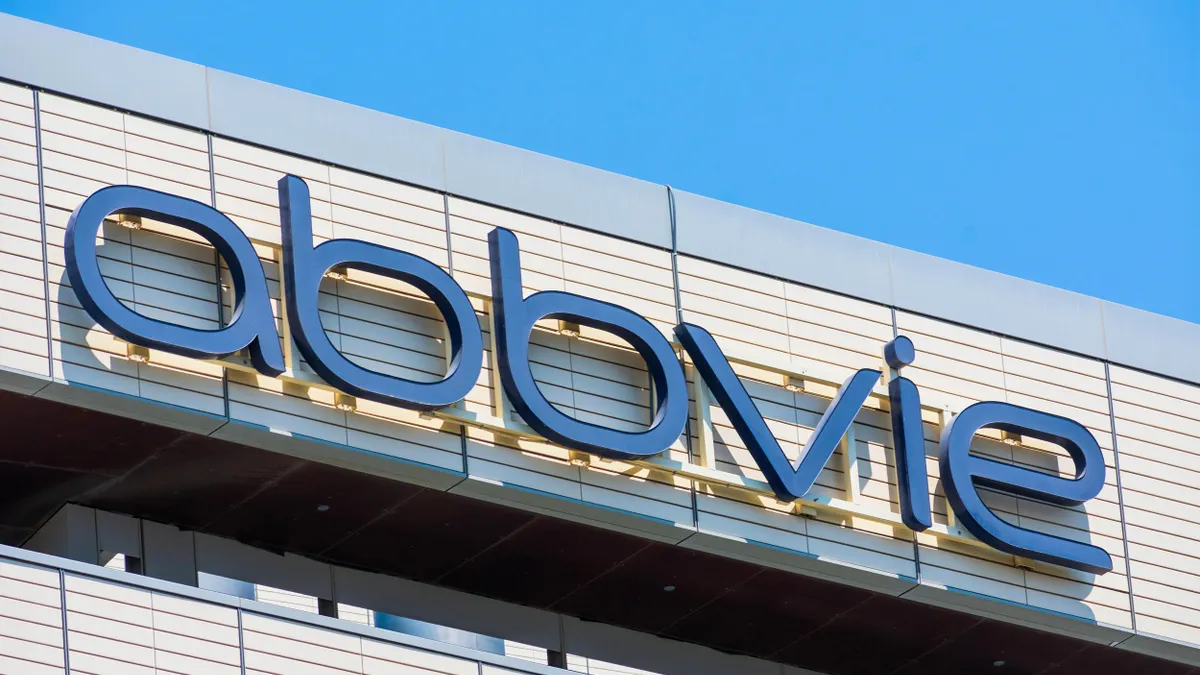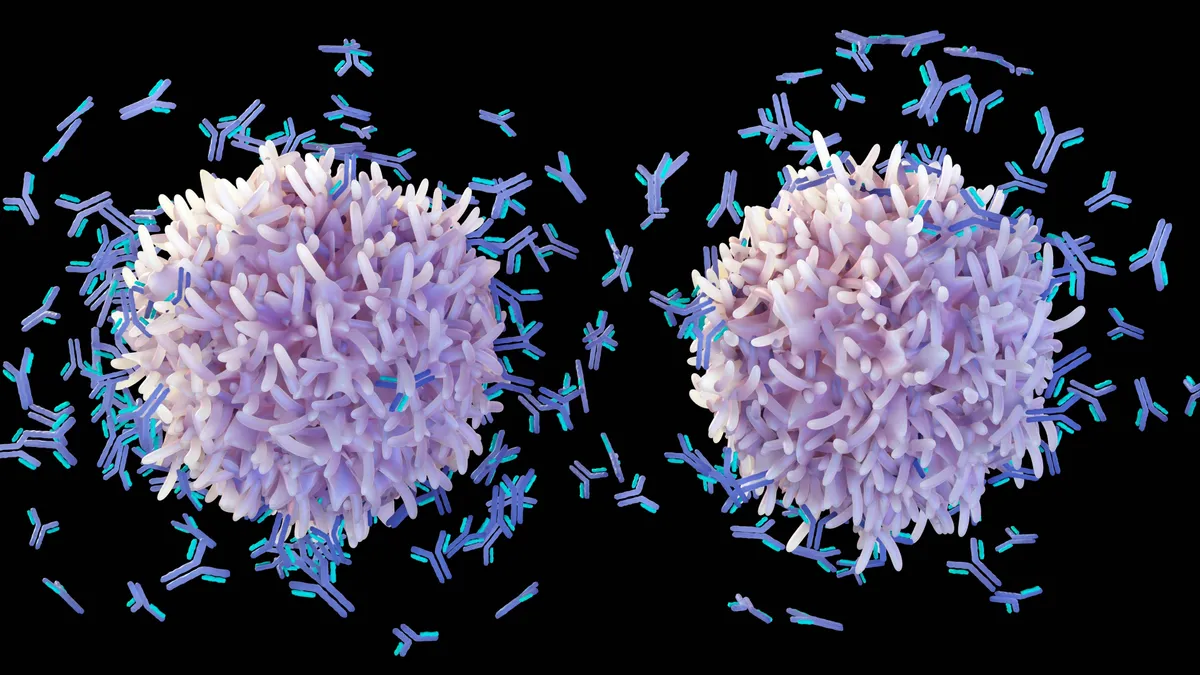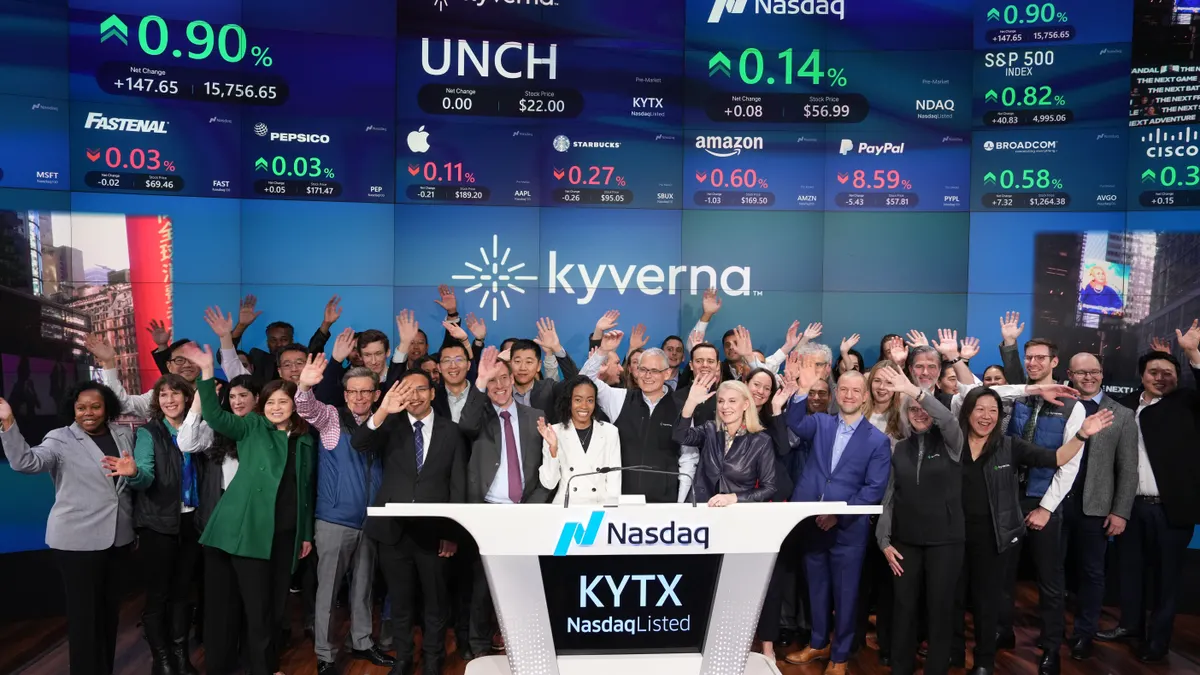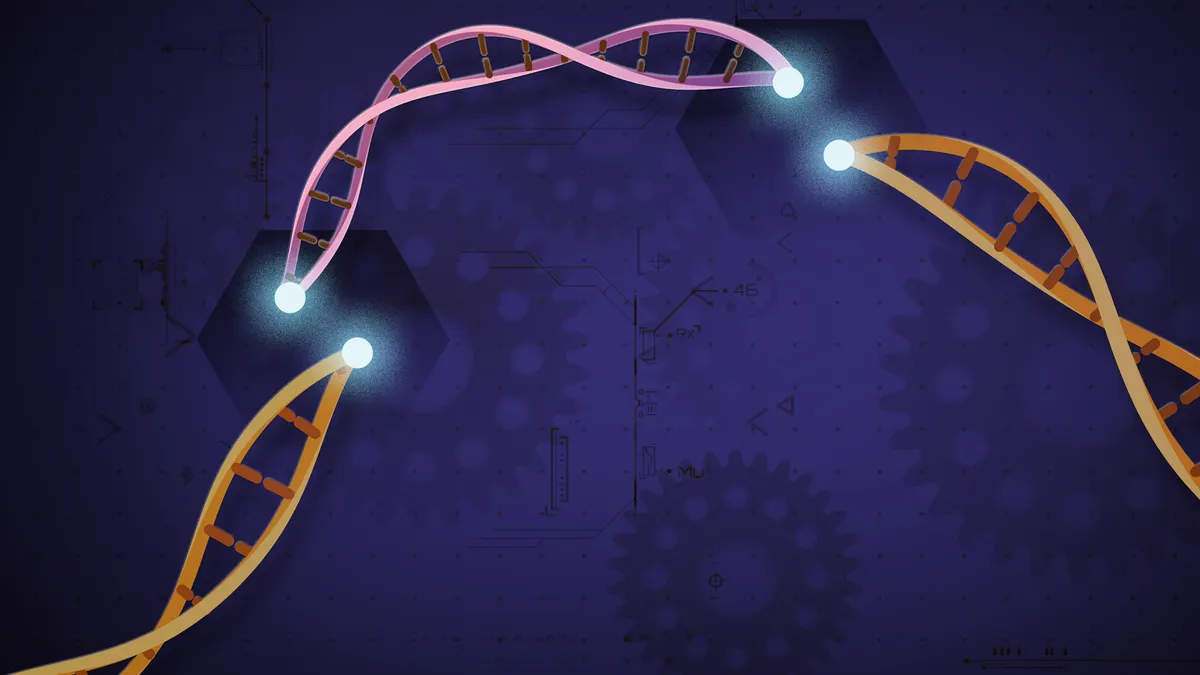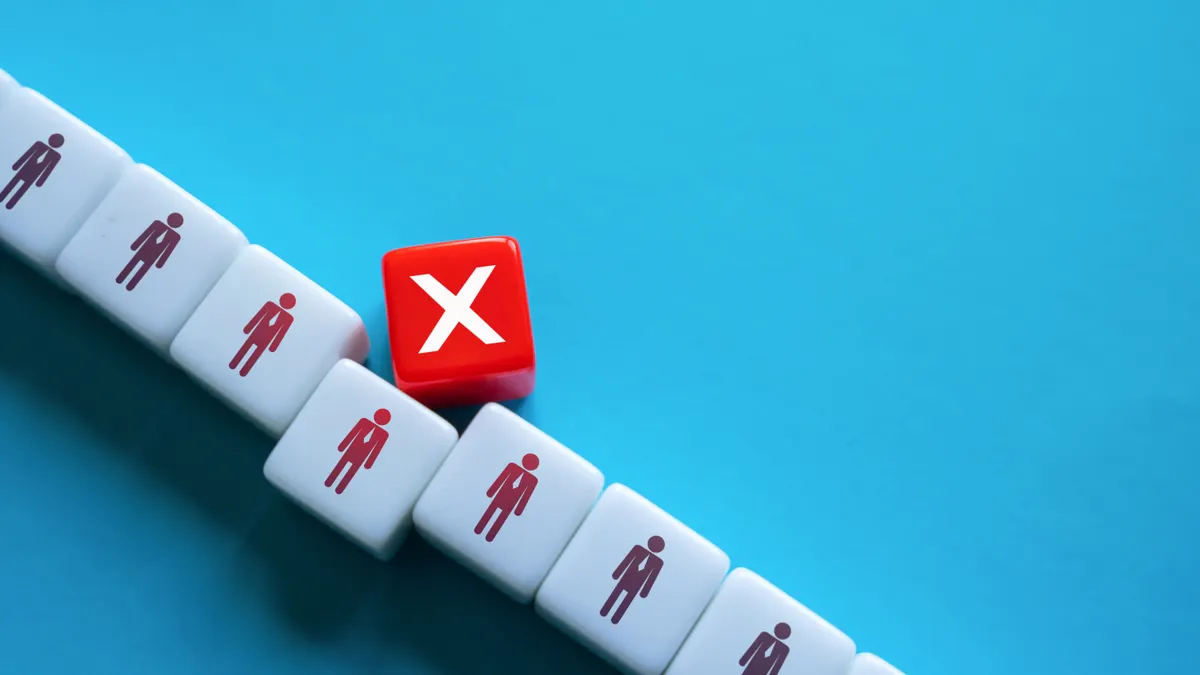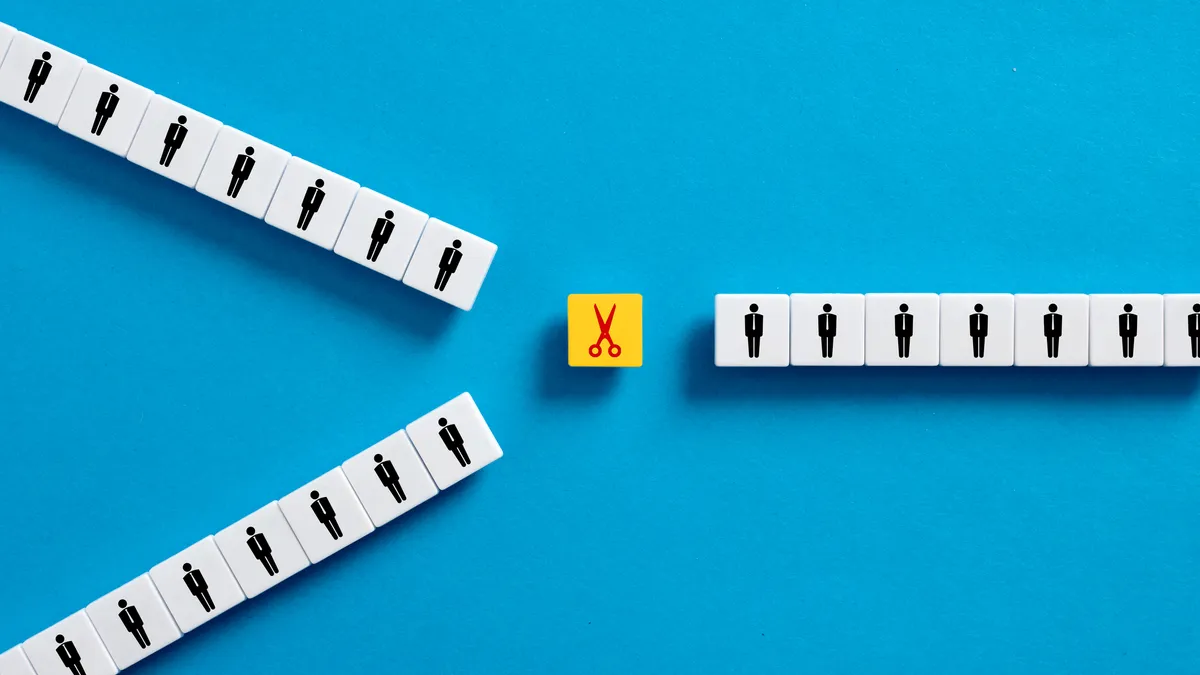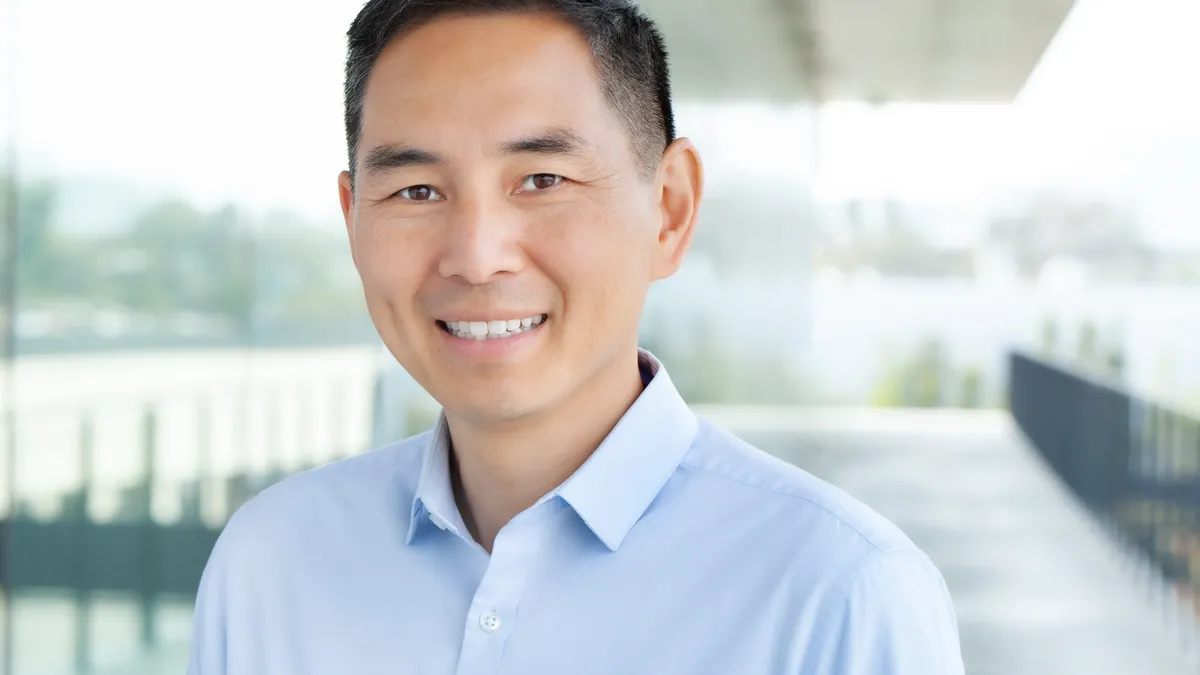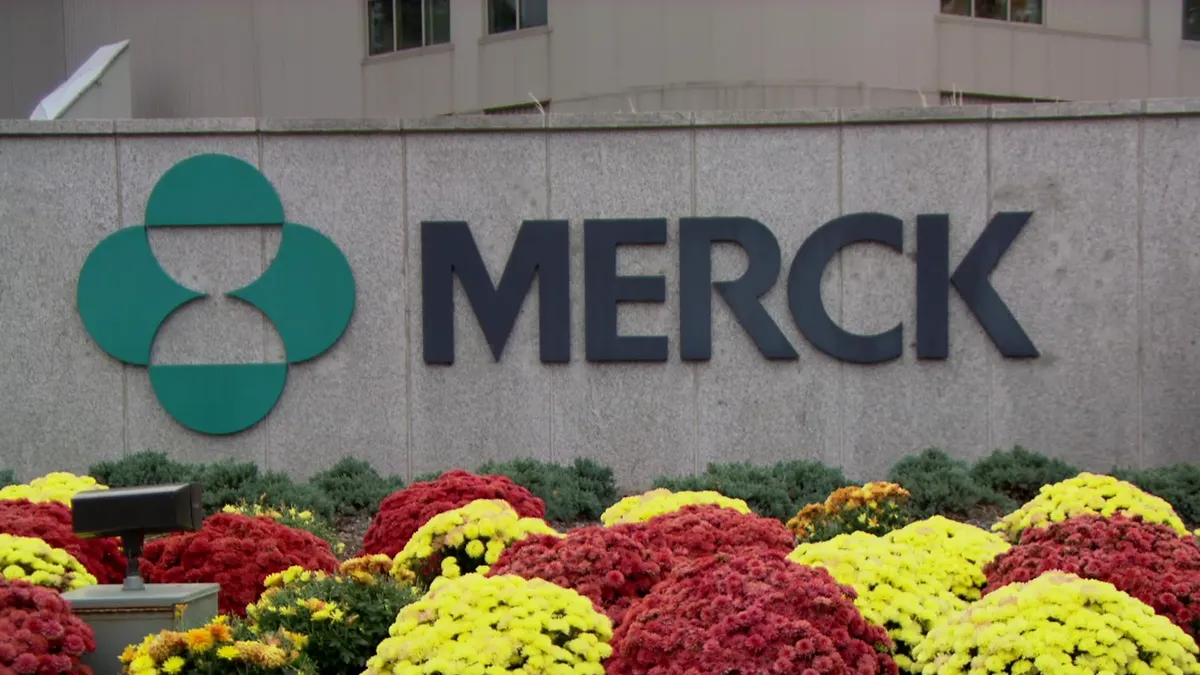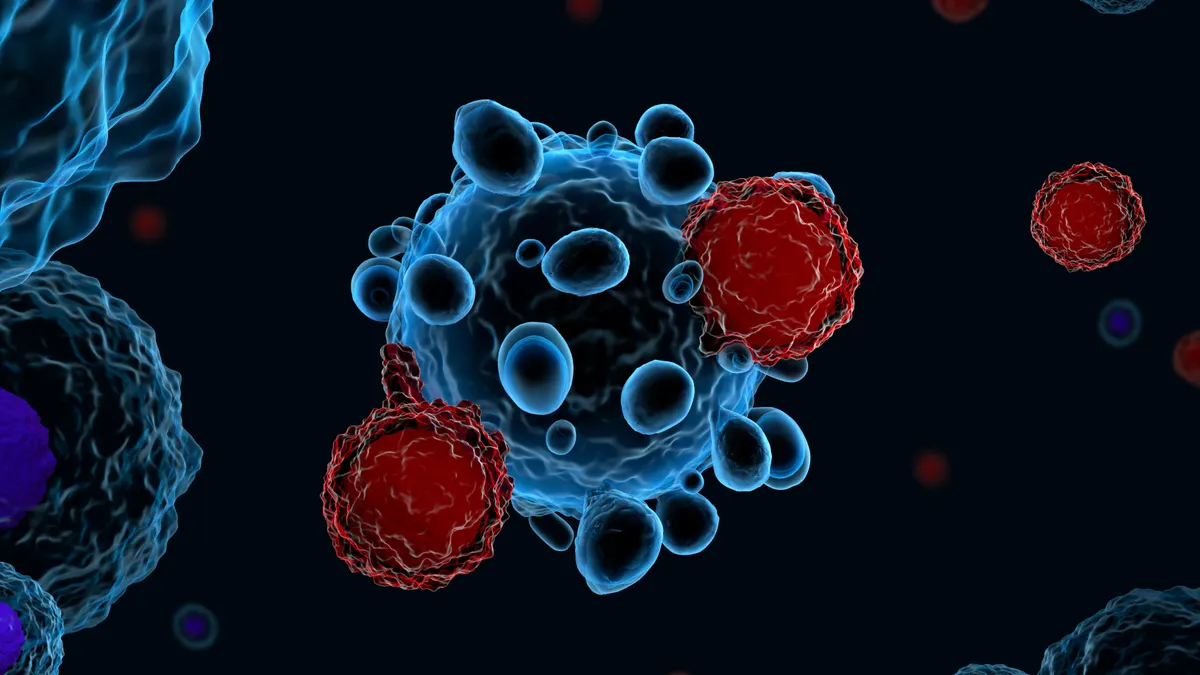Dive Brief:
- Artiva Biotherapeutics on Thursday raised $167 million in an initial public offering centered around the promise of donor-derived cell therapies for autoimmune diseases.
- Artiva sold 13.92 million shares at $12 apiece, securing more money than it expected but at a lower per-share price than it had outlined earlier this week. The bulk of the proceeds will fund a treatment made from “natural killer,” or NK, cells and that is currently in early-stage testing in lupus and other inflammatory conditions. Shares will begin trading on the Nasdaq stock exchange Friday under the ticker symbol “ARTV.”
- The offering comes two years after Artiva canceled an IPO proposal showcasing cancer cell therapies, from which it later pivoted to autoimmune disease research. It also follows days after a paper published in the journal Cell showed what analysts described as early proof of the potential for donor-derived treatments in autoimmune disease.
Dive Insight:
Artiva’s IPO is a test of investor faith in the recent repositioning of so-called allogeneic cell therapies, a type of medicine harvested from the cells of donors.
Allogeneic therapies are seen as more convenient than treatments made from the immune cells of individual patients. But they’ve struggled to prove their worth in oncology, where developers have had difficulty matching the long-lasting benefits reported in testing of personalized, or “autologous,” cell treatments.
Several allogeneic companies, including Artiva, have since redrawn their development plans, believing that autoimmune diseases may be a better fit for the technology. Recent academic research has suggested cellular medicines may be able to drive a variety of inflammatory diseases into remission in ways other drugs can’t, leading to a rush of autologous programs advancing into human trials. But production complexities, high costs and safety concerns associated with autologous therapies may be less acceptable in an autoimmune disease setting.
Allogeneic cell therapies, by comparison, are cheaper to manufacture. And one of their key weaknesses — that they often don’t last very long in the body — may not be as much of an issue in autoimmune disease, where a therapy’s objective is to quickly wipe out malfunctioning B cells so a “reset” can take place.
Earlier this week, BRL Medicine, a privately held, China-based biotech, provided the first signs in a human trial that donor-derived treatments might be able to achieve that goal. A paper its scientists published in Cell showed an experimental allogeneic therapy provided benefits lasting as long as six months in three people with either myositis or systemic sclerosis. Though the sample size is very small, the findings provide “early validation for off-the-shelf cell therapy” approaches, wrote Leerink Partners analyst Daina Graybosch in a client note.
Graybosch and other analysts at Jefferies and William Blair think that validation extends not only to developers of T cell-based treatments, like Allogene and Poseida Therapeutics, but potentially to those like Artiva that specialize in NK cell therapies as well. Shares in several climbed following the paper’s publication.
Artiva expects initial results from a “basket” trial in multiple inflammatory conditions next year.



